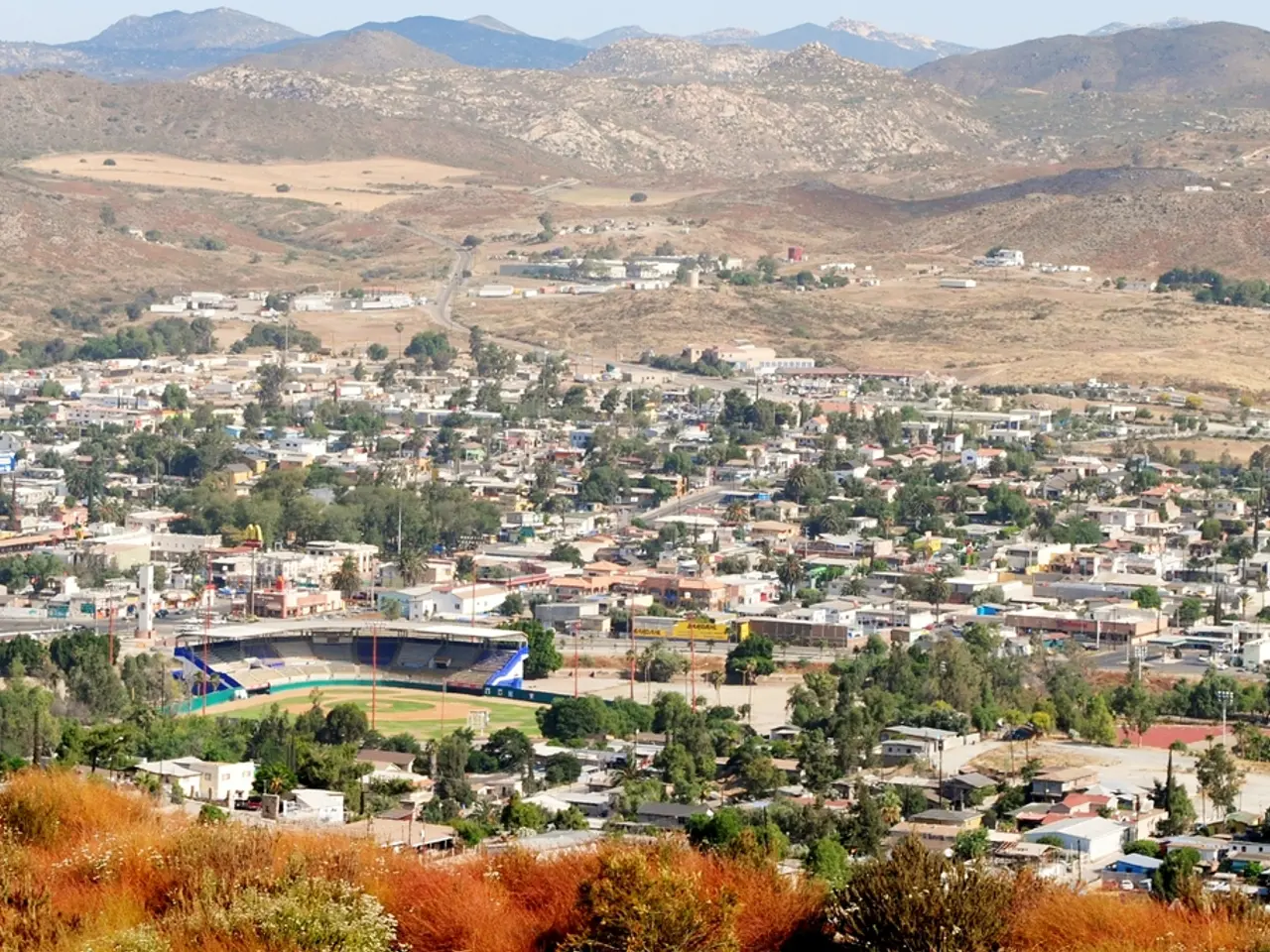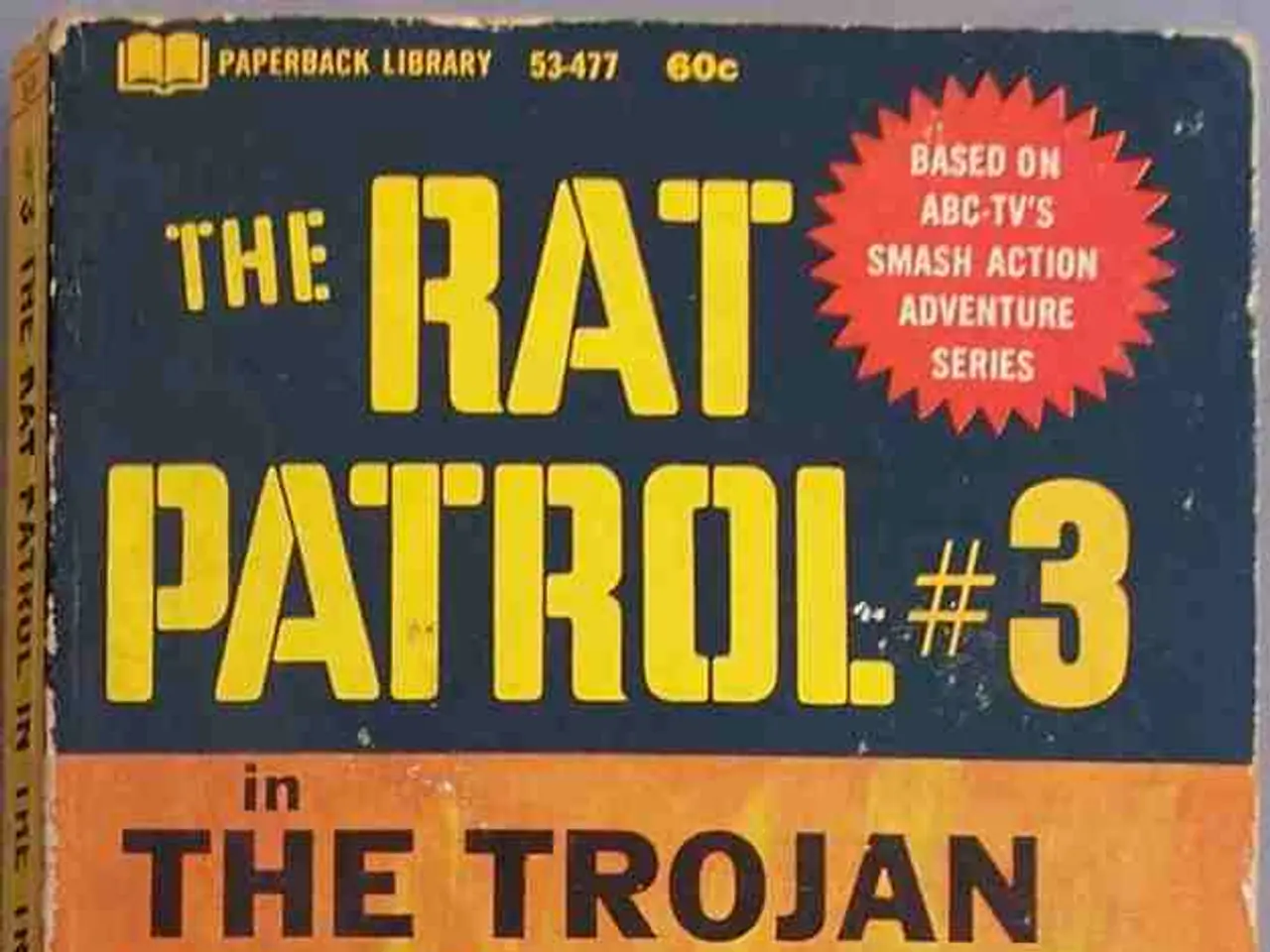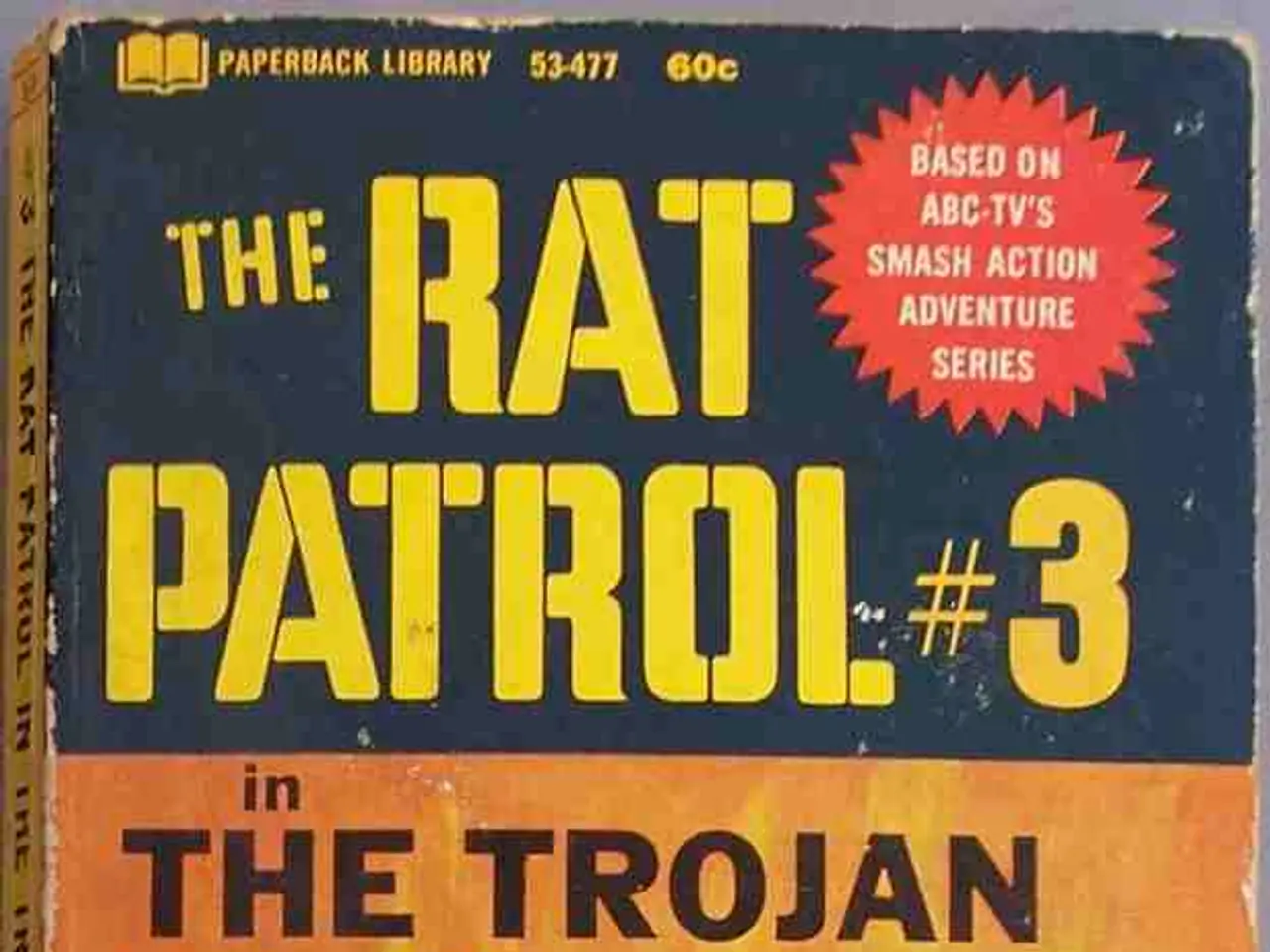Four potential conclusions from a fierce contest over gerrymandering
The United States is witnessing an unprecedented gerrymandering arms race, as states grapple with the issue of partisan redistricting. This battle, with little historical precedent, is raising concerns about the fairness of elections and the integrity of the democratic process.
In the absence of federal intervention, legislative efforts to address the issue are primarily focused at the state level. These reforms aim to limit partisan influence in redistricting, with key approaches including the establishment of independent and bipartisan redistricting commissions, state-level bans on partisan gerrymandering, litigation and court challenges, and advocacy for transparency and public input.
Several states have already set up commissions to draw district maps impartially, removing legislative control. These commissions strive to produce fairer, more competitive districts by using neutral criteria rather than political advantage. Some states have also explicitly prohibited partisan gerrymandering by law or state constitutions, with partisan maps being struck down in their state courts.
Various lawsuits across states challenge newly drawn maps as unfair partisan gerrymanders. Organizations like the Brennan Center track and support such litigation to fight extreme map drawing that favors one party over another. Proposals also seek to increase transparency in the redistricting process and involve the public to counteract opaque, partisan-driven mapmaking.
However, in highly partisan environments, such as Texas, aggressive redistricting efforts continue. GOP lawmakers are using legislative maneuvers to limit opposition resistance, underscoring the difficulty of legislative reform in such environments without federal or widespread state intervention.
In California, GOP Rep. Kevin Kiley has proposed a bill banning mid-decade redistricting. Meanwhile, Democrats have pledged reprisals by playing dirty in states where they could re-draw the maps, such as California. This could result in lawmakers representing and seeking election in ever-changing districts to which they have little personal connection.
The prospect of continual redrawing of districts whenever it suits one party or another is being raised. Some California and New York Republicans are starting to balk at the potential impact of retaliatory gerrymandering. Rep. Mike Lawler of New York wants to ban gerrymandering, but it's not clear what such a ban would entail or how it would get consensus.
The American political system has transformed into a more partisan and brutalized version of itself. Texas Republicans have redrawn the state's congressional districts in the middle of the decade, with the stated goal of making it harder for Democrats to win in 2026. Texas Democrats' walkout is aimed at preventing the legislature from getting the quorum it needs to redraw the state's congressional districts.
The name of the game for Democrats is getting to early December, when time runs out for Texas Republicans to re-draw the maps in time for the 2026 primaries. Republicans have issued threats against the Democrats, including talking about arrests, fines, and enlisting the FBI. The prospect of a legislative effort to rein in gerrymandering is far-fetched in this political day and age.
In summary, the gerrymandering arms race in the United States is a complex issue, with states taking different approaches to address partisan redistricting. However, the success of these efforts varies significantly by state political context, and the prospect of a legislative solution remains elusive.
- The issue of partisan redistricting, often linked with 'politics', has led to an intense 'battle' in the United States, causing concerns about election fairness and democracy.
- Currently, 'policy-and-legislation' efforts at the state level aim to limit partisan influence in redistricting, employing methods like independent commissions, bans on partisan gerrymandering, and court challenges.
- Beyond legislative reforms, there's an emphasis on 'transparency' and 'public input' to counteract opaque mapmaking, as seen in proposals regarding redistricting processes.
- 'General-news' outlets often cover the ongoing 'war-and-conflicts' between parties over redistricting, as well as the rising concerns about 'crime-and-justice' due to extreme map drawing and possible 'accidents' in the redistricting process.








